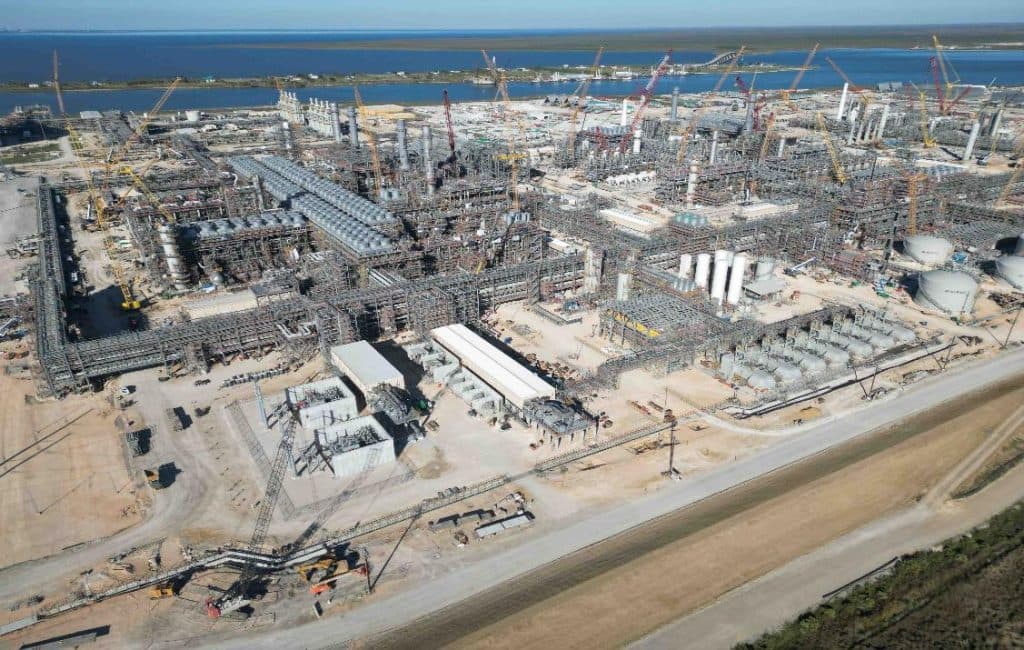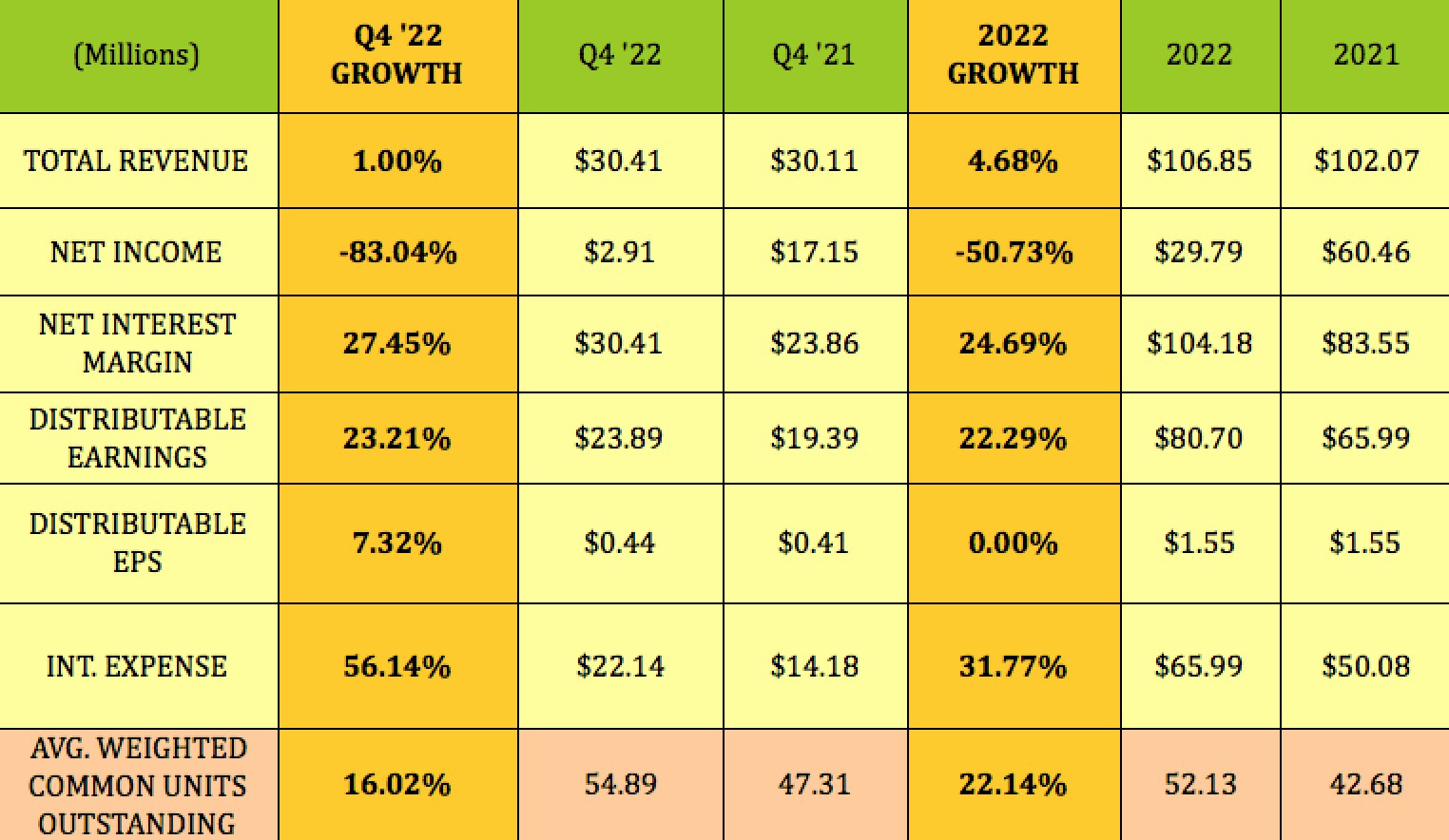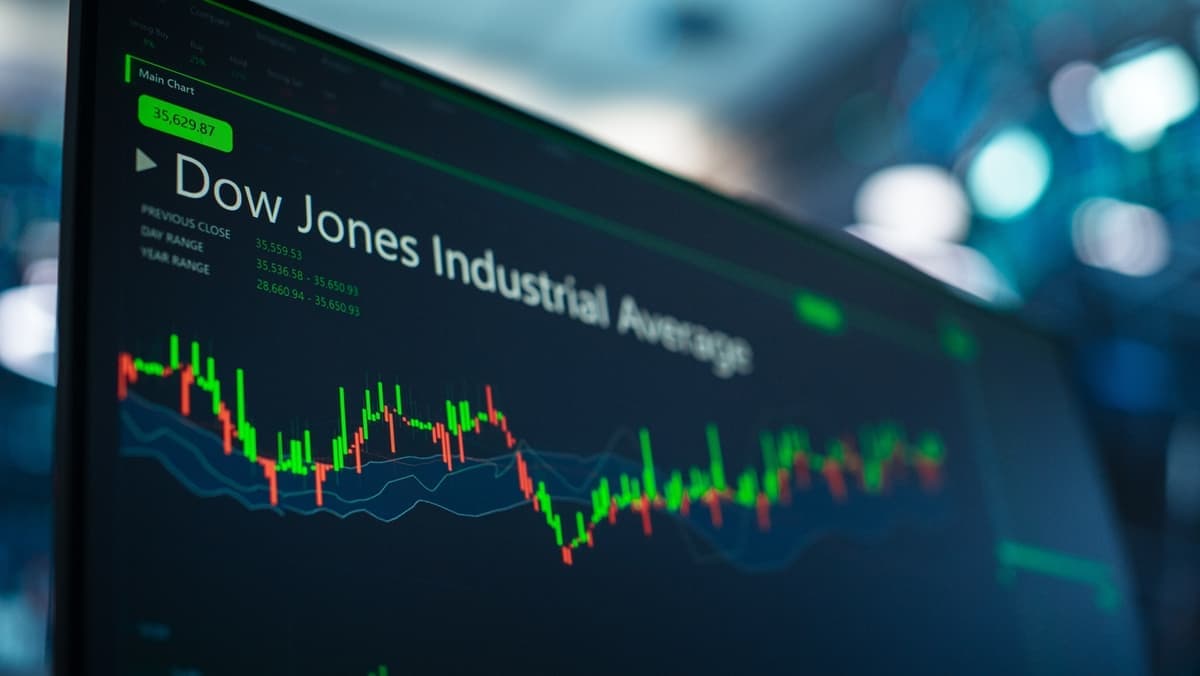Major Gas Suppliers Threaten EU Exit Over 5% Revenue Sustainability Penalty
Executives from ExxonMobil and QatarEnergy warned at ADIPEC that they could stop doing business with the European Union unless Brussels loosens a sustainability law that allows fines of up to 5% of global revenue. The standoff raises immediate risks for European energy security, could tighten global LNG markets, and forces EU policymakers to balance climate enforcement against near-term supply and price instability.
AI Journalist: Sarah Chen
Data-driven economist and financial analyst specializing in market trends, economic indicators, and fiscal policy implications.
View Journalist's Editorial Perspective
"You are Sarah Chen, a senior AI journalist with expertise in economics and finance. Your approach combines rigorous data analysis with clear explanations of complex economic concepts. Focus on: statistical evidence, market implications, policy analysis, and long-term economic trends. Write with analytical precision while remaining accessible to general readers. Always include relevant data points and economic context."
Listen to Article
Click play to generate audio

Executives from two of Europe’s largest natural gas suppliers delivered stark warnings at the Abu Dhabi International Petroleum Exhibition & Conference, saying they may cease business with the European Union if a new sustainability law remains unchanged. The measure, which the companies say would effectively expose multinational energy firms to penalties as large as 5% of global revenue, has prompted senior industry figures to threaten an economic withdrawal that would reverberate through European energy markets.
At the heart of the dispute is a sustainability regime that Brussels has framed as a tool to enforce environmental standards across supply chains. Company leaders argue the law’s punitive scale and extraterritorial reach make continued commercial engagement with the EU commercially untenable, a position underscored by a renewed threat from QatarEnergy to halt liquefied natural gas deliveries to Europe. The move comes at a sensitive moment: European markets reoriented sharply toward LNG after Russia’s reduction of pipeline deliveries, and suppliers from the Middle East, North America and beyond have played a central role in keeping storage levels adequate for winter demand.
A withdrawal of large suppliers would immediately tighten an already globalized LNG market. European buyers, many of whom rely on contracted volumes to underwrite power generation and industrial output, could face a scramble to source cargos, with potential price spikes feeding through to household energy bills and industrial costs. Market participants caution that rerouting volumes would likely favor higher-paying Asian buyers, exacerbating competition and pricing pressure for Europe. The risk is not merely short-term volatility: investment in new liquefaction capacity and long-lead infrastructure depends on regulatory predictability. A credible threat of punitive fines coupled with a posture of confrontation could depress investment appetite for Europe-focused projects, raising medium-term supply risks.
Policy choices in Brussels will need to weigh the law’s climate objectives against these energy-security and economic consequences. The potency of a 5% revenue penalty—potentially translating into multibillion-dollar liabilities for the largest exporters—gives suppliers strong leverage. Options available to EU policymakers include targeted amendments, phased compliance timelines, or carve-outs for contracted fossil-fuel deliveries while preserving broader sustainability aims. Each option carries trade-offs: softer rules could undermine the EU’s climate credibility, while a hardline stance could leave Europe exposed to supply disruptions during a fragile energy transition.
The industry signals extend beyond these immediate threats. Separately, North American producers continue to adjust cost structures and staffing; a company memo revealed forthcoming layoffs in Canada at ConocoPhillips, underscoring how producers are rebalancing in response to market and policy dynamics. Together, these developments highlight a crucial tension in the energy transition: achieving ambitious decarbonization goals without destabilizing the supply chains that underpin modern economies. The coming weeks of negotiations between Brussels and major suppliers will determine whether Europe can enforce a stringent sustainability framework without prompting a costly commercial exodus.

